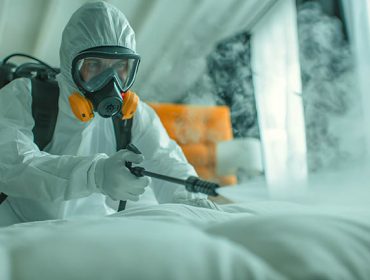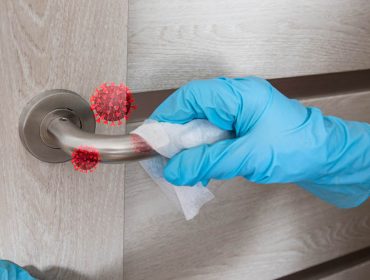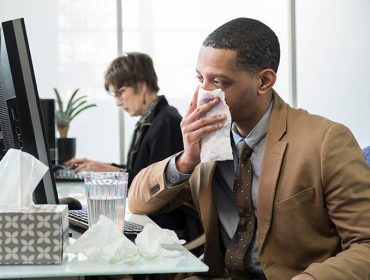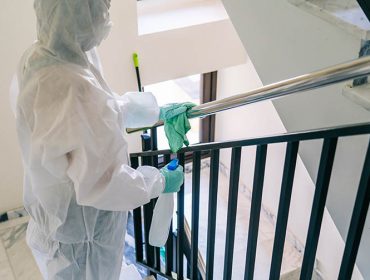
Scene Remediation
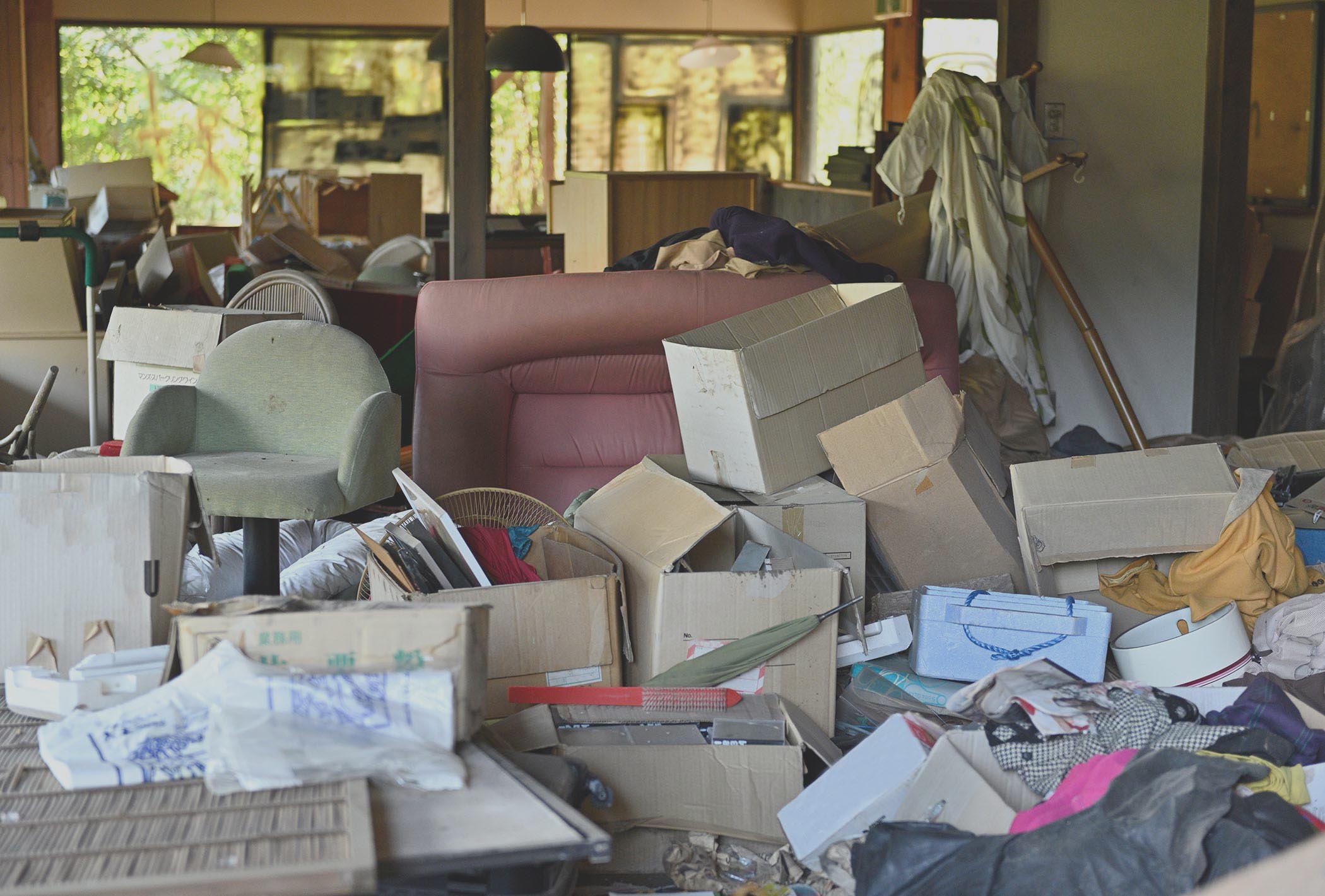
Certified Decontamination & Disinfection

We offer a vast range of specialized cleaning services for residential and commercial clients. We're flexible and there are no recurring or long-term contracts to sign.

Cleaning You Can See & Feel
Our specialized cleaning services go beyond the basic services offered by standard house cleaning companies. Our trained technicians utilize state of the art cleaning methods and environmentally safe cleaning agents to properly and professionally remediate your home or office.
- Crime Scene Cleanup
- Biohazard Remediation
- Accidents Involving Blood and Fluids
- Hoarding and Extreme Clutter Environments

Hoarding & Clutter Cleaning
Do you or a family member suffer from compulsive hoarding disorder? Is your home cluttered to such an extent that you find it difficult to move about the house? Have you found it difficult to keep up with cleaning, have old food items and trash in various parts of the home? If you answered yes to any of these questions, we can help. Simply click the "Contact" link in our menu or use the "Request a Quote" button above. We can either chat with you through email or call you. Take a step to improve your living conditions. We offer free advice and free estimates.
Organizing
Disposal
Removal
Cleaning
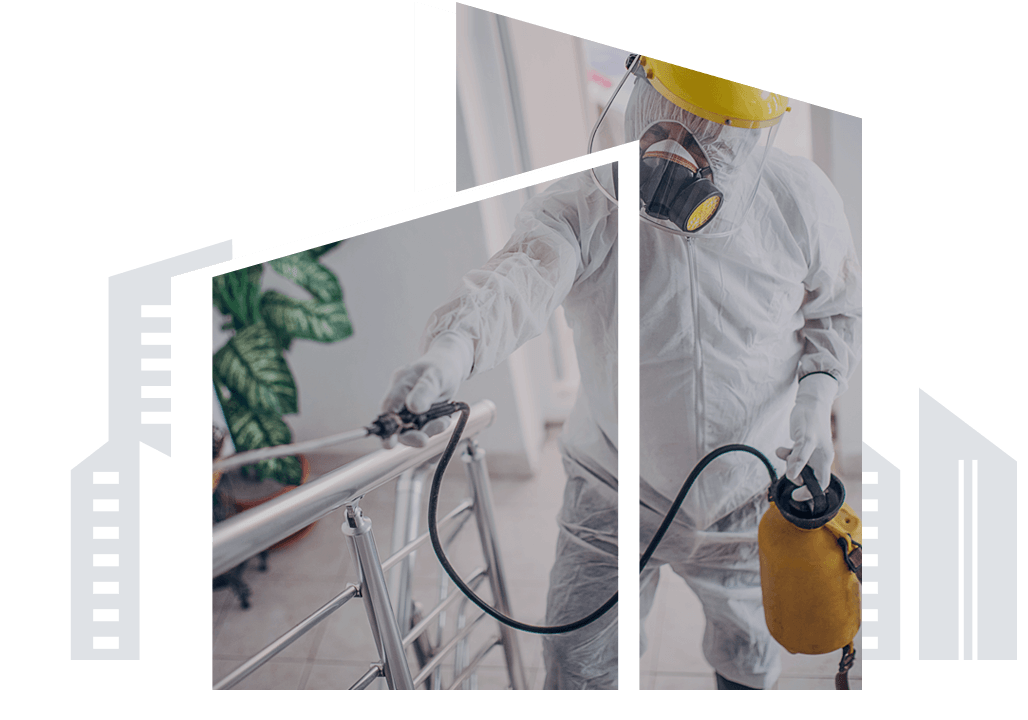
Crime & Trauma Scene Cleanup
Biohazard remediation services includes any service in which our technicians will clean or remove blood, body fluids, fecal matter or other biohazards. This can include crime and trauma scenes, decompositions, suicides & accidents involving serious bodily injury. Please call us at 1-800-759-6960 for immediate service.
Disease
Insured
Grade
Residential
Scientifically Proven
and Beneficial to Good Health
Disinfection eliminates harmful microorganisms, reducing the spread of diseases and infections. It promotes a healthier environment in homes, workplaces, and public spaces. By targeting bacteria, viruses, and fungi, disinfection enhances overall hygiene, prevents outbreaks, and supports public health. Regular disinfection ensures safer surfaces and improved well-being for everyone.
REQUEST A QUOTE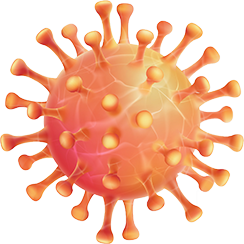
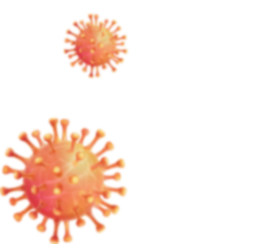
& Bacteria
Allergens
Disinfection
is Prevention
Harmful germs and bacteria come in all shapes and sizes
Crime Scene Cleanup & Extreme Cleaning Industry Experts
Our Employees
Our pay rates are higher than industry standards, which enables us to retain knowledgeable and well-trained technicians
Our Training
Our employees are fully screened, submit to a background check & receive in-depth classroom, OSHA and on-the-job training
Our Services
We provide a wide array of professional cleaning & remediation services, for both residential and commercial clients
Professionalism
Our level of professionalism, dedication, and customer service are unmatched in this industry. We promise you that!
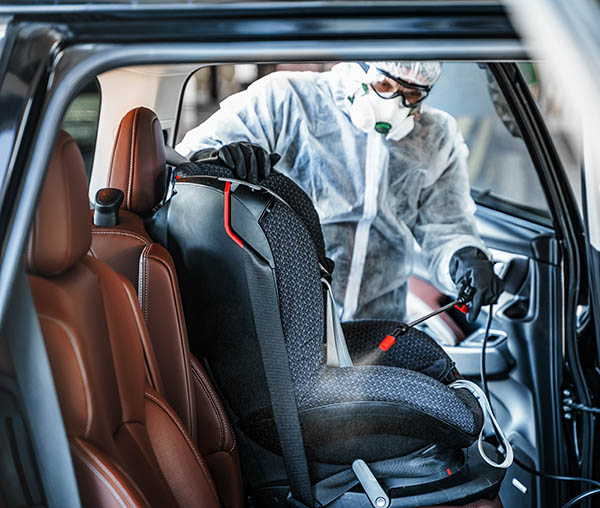
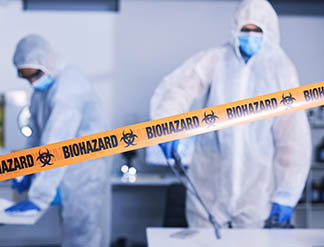
Our Mission
We are committed to providing the highest quality of service available through superior customer service, innovative cleaning methods and top of the line service specialists.
Vision Statement
We are constantly working to be recognized by our clients, employees and the industry as the most respected, honest and competitively priced service provider on the Eastern Coast of the United States.
Our Core Values
- Respect: taking time to understand and value each person and respecting their choices and decisions.
- Responsibility: acting with integrity towards our staff, our customers, the community and the environment.
- Excellence: to always look to provide the best quality experience with regards to our cleaning, remediation, and customer service.
- Compassionate: showing our clients that we feel for them and have sympathy for what they're going through
Need Biohazard Remediation
or Clutter Cleaning Services?
We’re here to bring you the professional level of service you need.
Questions & Answers
Get An Estimate
Services are offered without contract and can be modified at any time.
What to Expect
Steps to Remediate Your
Home or Office
- If police matter, get the officer or detective's name and number
- If a hoarding situation, try to obtain photos of the home's interior
- If crime or trauma related, please have your home owner's insurance information
- Please complete and submit our estimate form, under the support tab in the menu
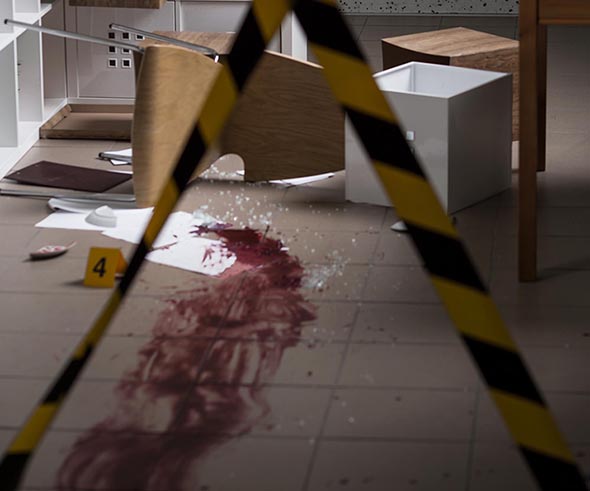
Get a Price Quote Today!
Trust us with all of your commercial
or residential remediation needs.
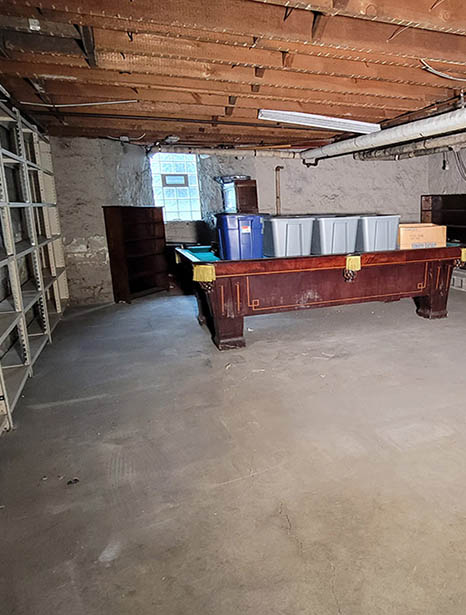
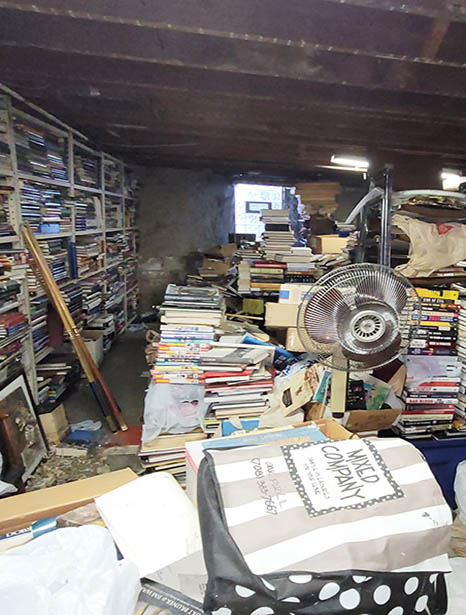

Excellent Service and Cleaning Results
I just wanted to say how much I appreciate the excellent quality of work done by your staff. Without worry, I know that I will have a clean home to come home to after you are finished. It isn't often that you can have a service provider perform the tasks you hired them for and have the job done well.— Ian A. Johnson, Chicago, IL
 Sanitizex
Sanitizex 
